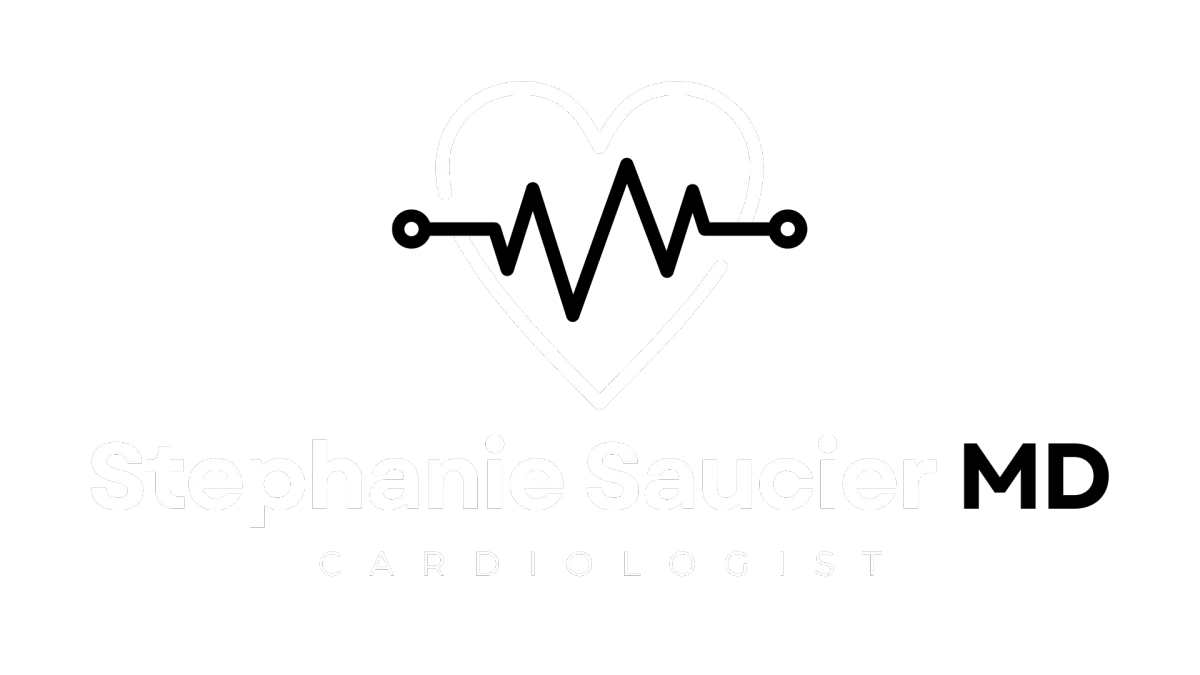Don’t Skip These Heart Medications
Stay Healthy And Prevent Relapse
Introduction
If you've had a heart attack, taking the right medications is key to your recovery and preventing future heart problems. In this guide, we’ll break down the essential medications your doctor may prescribe and tips to help you stay on track with them.
1. Antiplatelet Agents: Essential for Heart Attack Recovery
Why You Need Them
• Purpose: These medications help keep your blood flowing smoothly and prevent clots, especially if you've had a stent placed.
• Common Options: Aspirin, Brilinta, Plavix, or Effient.
• Duration: You’ll likely need at least one of these for life to prevent future heart attacks.
How They Work
They prevent platelets in your blood from sticking together, reducing the risk of another heart attack.
2. Beta Blockers: Short-Term Heart Attack Management
Why You Need Them
• Purpose: These reduce the heart’s workload, easing chest pain and helping your heart recover after an attack.
• Common Options: Metoprolol or Carvedilol.
• Duration: Usually prescribed for a short period after a heart attack.
How They Work
They lower your heart rate and blood pressure, giving your heart a chance to heal.
3. Cholesterol-Lowering Medications: Preventing Future Heart Attacks
Why You Need Them
• Purpose: Most heart attacks are caused by cholesterol buildup in your arteries. Lowering cholesterol helps prevent this.
• Common Options: Statins like Lipitor or Crestor.
• Benefits: They not only reduce cholesterol but also lower inflammation, protecting you from future heart attacks or strokes.
How They Work
Statins reduce the "bad" cholesterol (LDL) in your bloodstream, decreasing plaque buildup in your arteries.
4. ACE Inhibitors and ARBs: Managing Heart Muscle Damage
Why You Need Them
• Purpose: These medications help if your heart muscle was damaged during the heart attack or if you have heart failure.
• Common Options: Lisinopril, Losartan, or Valsartan.
• Benefits: Improve quality of life and increase survival rates for those with heart muscle issues.
How They Work
They relax blood vessels, making it easier for your heart to pump blood, which reduces stress on your heart.
Tips for Managing Your Medications
Taking multiple medications can be overwhelming, but staying consistent is vital for your health. Here are some practical tips:
• Daily Routine: Place your medications somewhere you’ll see them every day. For example, keep them next to your toothbrush or your morning coffee.
• Set Alarms: Use your phone to set reminders so you don’t miss a dose.
• Pill Organizers: Consider using a pillbox to organize your medications for the week.
The Goal: Returning to Normal Life
Once you get used to your medication routine, you can go back to enjoying time with family, friends, and all the activities you love. These medications are here to help you live a healthy, happy life after a heart attack.
Remember: Always follow your doctor's advice and ask questions if you're unsure about any medications. Consistency is key to your recovery and long-term heart health.
Free Heart Health Guide:
Simplify Your Health


